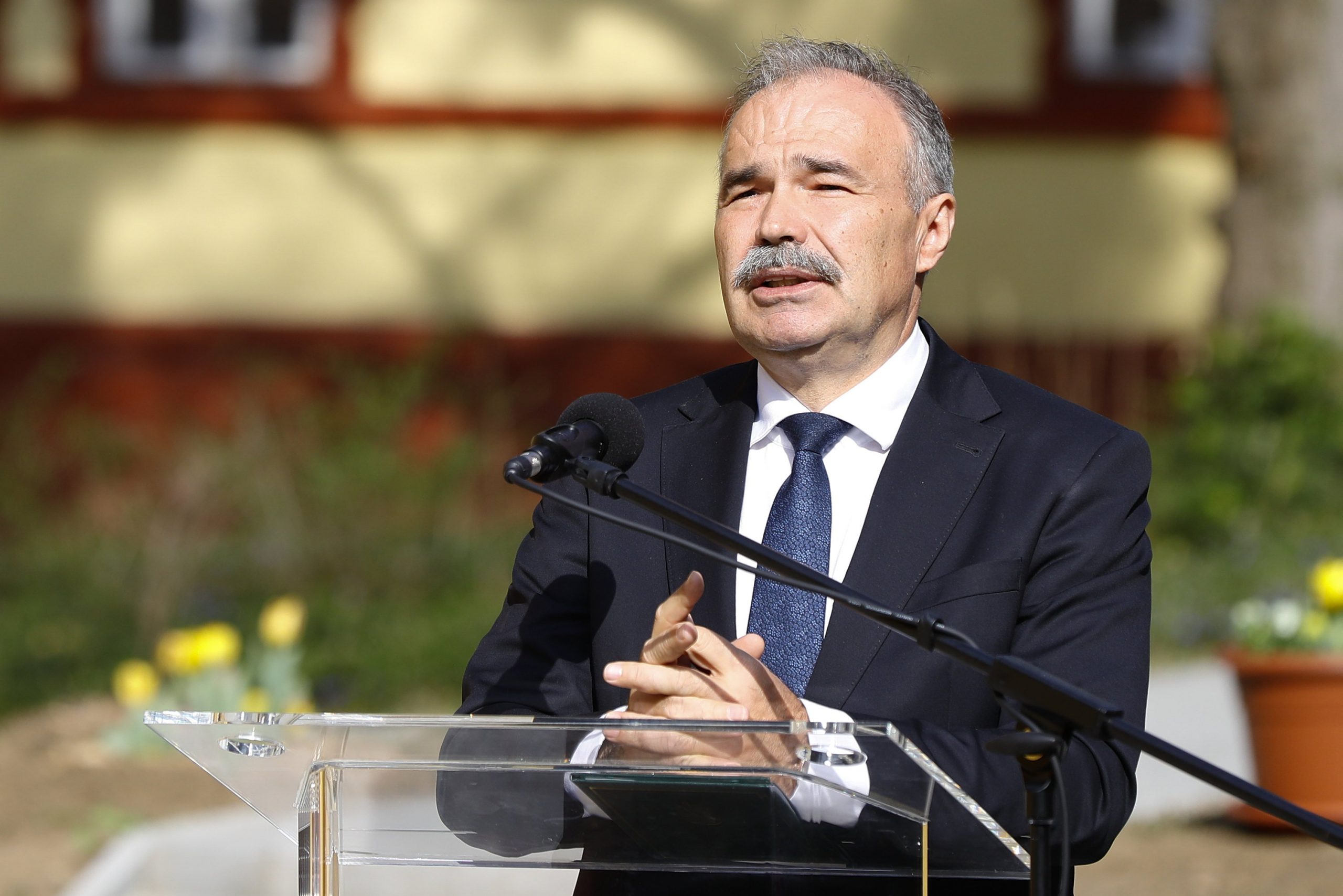
A food crisis is looming in many of the poorer regions of the world, and the disaster can only be avoided if the opening of the land corridor is successful in freeing grain from Ukraine, said István Nagy, Minister of Agriculture, in an interview with Magyar Nemzet.
Changes in the ministry
As the head of the Ministry of Agriculture starts another term, he talked about, among other things, changes in the ministry.
He said: “The environment has been transferred to the Ministry of Industry so that decisions can be taken in conjunction with an industrial policy that also takes account of the environment. However, nature conservation remains with us, so the ministry can be called the ministry of natural resources as well.” Nagy added that they will also be responsible for the food industry and managing trade policy.
Related article
Duties and Powers of Members of Govt Published in Hungarian Gazette
The Hungarian Gazette (Magyar Közlöny) published a decree on the duties and powers of the members of the government, according to which Viktor Orbán represents the government, but in individual cases, he can also appoint other persons to represent the government.Continue reading
While the coronavirus pandemic and now the Ukrainian war has caused challenges, according to Nagy, it was “already proved during the pandemic that Hungarian agriculture is resilient.”
The ministry will make up for the previous competitive disadvantage by spending a total of HUF 4,265 billion on modernizing the agri-food industry in the coming cycle. This is three times more than they have been able to spend in the seven years they have been left behind.
Ukrainian grain stock
Nagy also shared with Magyar Nemzet that “Janusz Wojciechowski, the new European Commissioner for Agriculture, recently visited Hungary and promised to hold background talks on a plan detailing the distribution of resources for the Common Agricultural Policy.”
As for the consequences of the Ukrainian war, the Minister said that Hungary is in a lucky position “because we can produce twice as much food as we need.” However, he added that “we cannot be completely calm, because the development of the global market also affects the situation of the Hungarian economy. The Ukrainian grain stock shortage caused such a panic that prices immediately started to rise.”
“What will happen later, how long the rise in prices will last, what the consequences of the war will be, no one can say. The most important thing now – and the Hungarian government is working hard on this – is to find a way to free the 20 million tons of Ukrainian grain that are stuck in the country,” Nagy explained. According to him, the only way to do this is to provide a land corridor for the goods, which “cannot be delayed.”
Related article
Despite Recently Introduced Pre-Emption Rights, Gov't Not Preventing Hungarian Grain Exports
According to the Agriculture Ministry, since the introduction of the provision, a total of about 3 million tonnes of crops have been declared for export in Hungary, the same as in previous years.Continue reading
In order to do this, “We need to expand the storage and reception capacity on the Hungarian-Ukrainian border. Upgrading of trans-shipment facilities, new tracks, and temporary storage capacity are needed, but most of all, we need wagons. This is only possible with very serious international cooperation. And with twenty million tons of Ukrainian grain in short supply, the security of supply of many countries is at stake.”
If the grain leaves the country, the market would calm down and prices would consolidate. But if we do not succeed, there could be serious social tensions. Morocco, Egypt, Tunisia, and Algeria are major importers of grains. Remember the Arab Spring, triggered by a year of drought in the North African region. If we cannot get the grain out, it could even lead to an escalation of the war.”
However, according to Nagy:
Hungary need not fear food shortages.”
“It was a very good decision to introduce the obligatory registration [of grain exports from the Hungarian market], as we can only manage responsibly if we are aware of market developments,” Nagy said, adding that this is something they would like to keep.
About the price cap, he said that “it was a rather bold but very effective decision by the government.”
Featured image via Anikó Kovács/MTI


